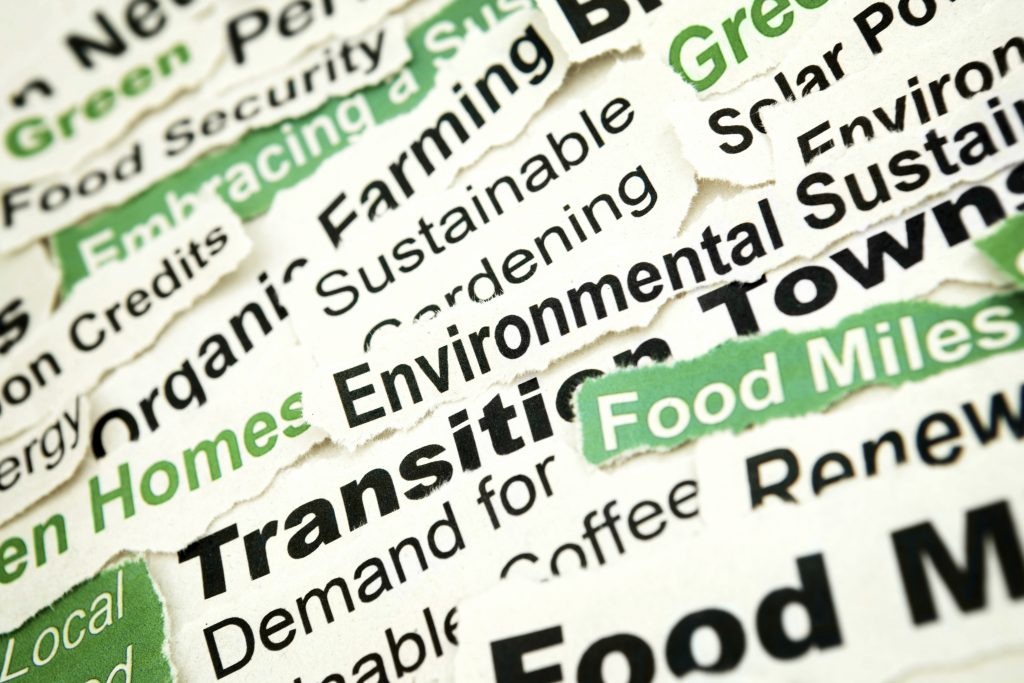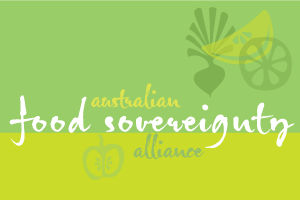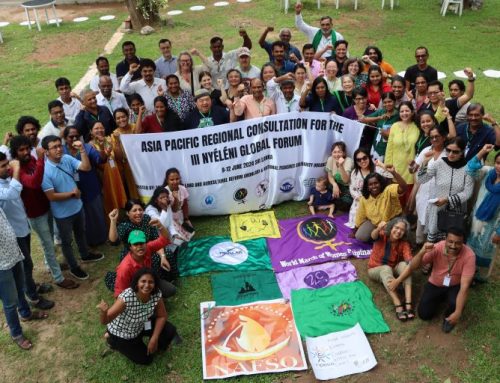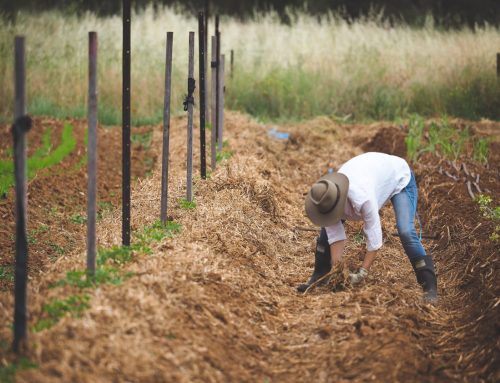The Melbourne public consultation on the green paper for a National Food Plan was held on Thursday 9th August. Bob Phelps from Gene Ethics and the AFSA Committee attended, and has provided his notes of the meeting and what was discussed. Many thanks Bob!
Selected notes from the Melbourne NFP Meeting, Thursday 9 August 2012
by Bob Phelps, Gene Ethics
The hall was less than half full instead of the capacity audience of 100 expected. The lists closed last week and interested others were refused entry. The doors were locked on the outside once the meeting started.
Paul Thompson and Chris Stoner from DAFF set the scene. Australia’s scorecard: food security 14th (2% food insecure); food affordability 5th; food safety 4th. Vision to feed emerging Asian niche markets special quality food products – feeding about 60 million now. 11% of Australian land wholly or partly foreign owned.Three topics were discussed in turn: competitive and productive food industry; sustainable production of Australia’s food; safe and nutritious food.
Among those who commented:
- Liz Burton, written submission last year;
- Michelle Chichton, CWA and seed trader from Gippsland;
- Rachel Carey, Food Alliance, Deakin Uni;
- Julie Woods, VicHealth;
- Roy Palmer, SeaFood Experience Australia;
- Gyorgy Scrinis, UniMelb;
- Mark Lawrence, Deakin Nutrition Exercise and Nutrition Science;
- Michael Gourlay, Cultivating Community;
- Louise Sales, Friends of the Earth;
- Jonathon Pipke, radio 3CR Food Fight show;
- Liz Chapman, Safe Food Foundation;
- Sharman Stone, MP for Murray;
- Food Policy Think Tank Reps;
- Nick Ray – Ethical Consumer;
- Bob Phelps, Gene Ethics & AFSA, and more …
Discussion
Overall, comments were critical of the draft plan for being a corporate plan that is unresponsive to Australian’s real needs, with an unrealistic and false picture of our food priorities. For instance:
- Roy Palmer – a majority of the fish sold in Australia is already imported so we are not secure;
- Michael Gourlay – organics to get a fair share of R&D resources and be acknowledged as the fastest growing sector of agriculture;
- Michelle Chrichton – more focus on managing invasive pests, shopper focus on convenience food is destructive and food preparation education is needed;
- Rachel Carey – support the health of Australians with good nutrition, do not deplete our soil and water resources;
- Mark Lawrence – the market has failed on obesity and diabetes so governments should intervene to ensure the public health, eg. Korean children are weighed and measured and parents are councelled if children tend to obesity;
- Gyorgy Scrinis – false and misleading label and ad claims allow junk breakfast cereals, for example, to pass as nutritious;
- Liz Burton – reward farmers for their stewardship of the land;
- Julie Woods, realign agricultural priorities to reduce agriculture’s 33% contribution to greenhouse gas emissions;
- Louise Sales, more honest and open labeling essential so shoppers can decide and influence priorities;
- Sharman Stone noted that most workers in her electorate depend on food industry jobs and advocated the harvesting of native animals (get over eating Skippy) and bush tucker;
- A community gardens person responded to DAFF’s mention of the Stephanie Alexander kitchen garden scheme that setting up the projects was little use if personnel to run them were not also funded;
- Bob Phelps, reality check the hundreds of millions of dollars already spent on new technology R&D before further skewing spending on GM as the paper says; reduce Australia’s 40% food waste – ~1kg/person/day – 230,000 tonnes per day – as an alternative to mining and exporting Australia’s soils and water; 2.5 billion people live in Asia and the government wants to double production from feeding 60 million so the ‘feed the world’ mantra is bogus.
I do hope these notes are useful for those planning to attend other NFP forums, listed below.
Peace and Joy,
Bob Phelps
Executive Director Gene Ethics Level 2, 60 Leicester St, Carlton 3053 Australia Tel: 1300 133 868 or 03 9347 4500 {Int Code +613} Mob: 0449 769 066 Fax: 03 9341 8199 Email: info@geneethics.org http://www.geneethics.org





